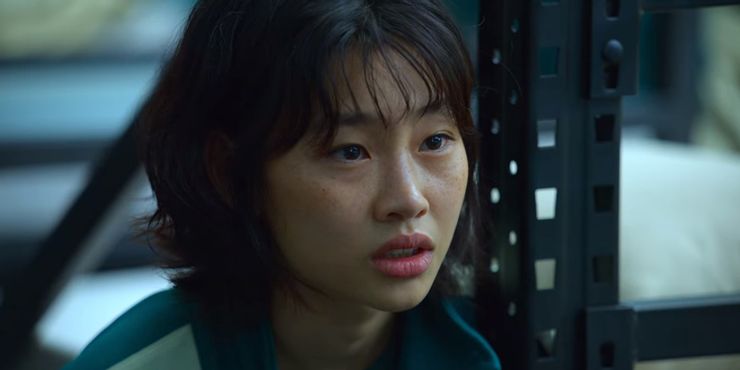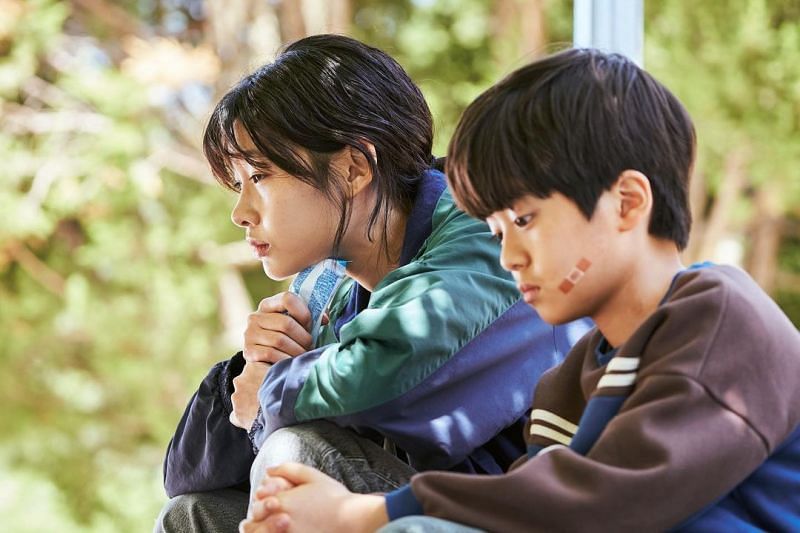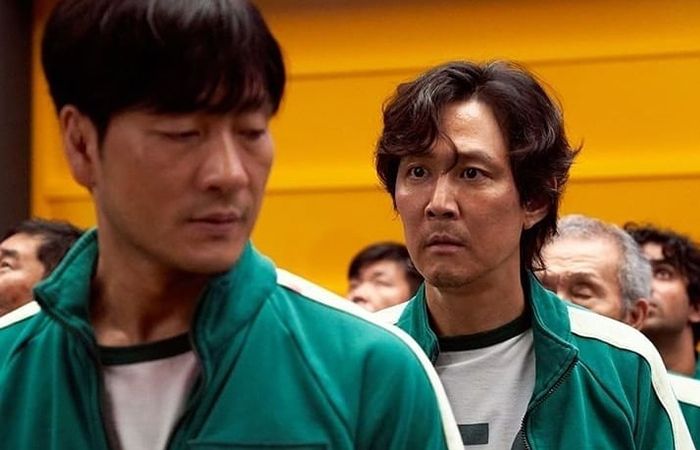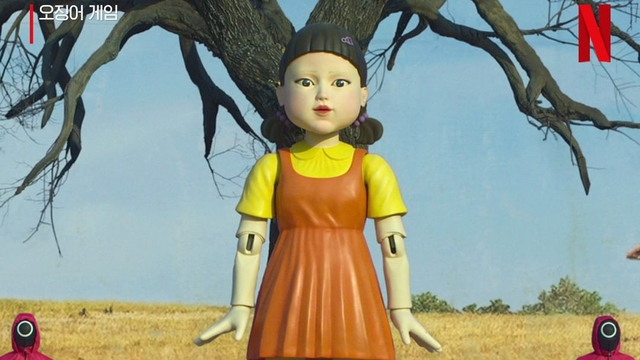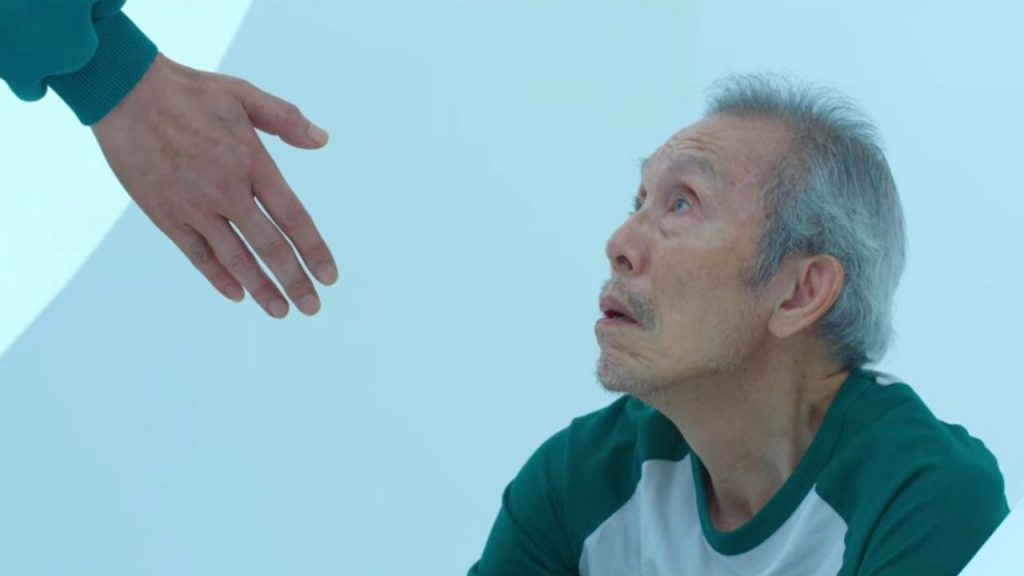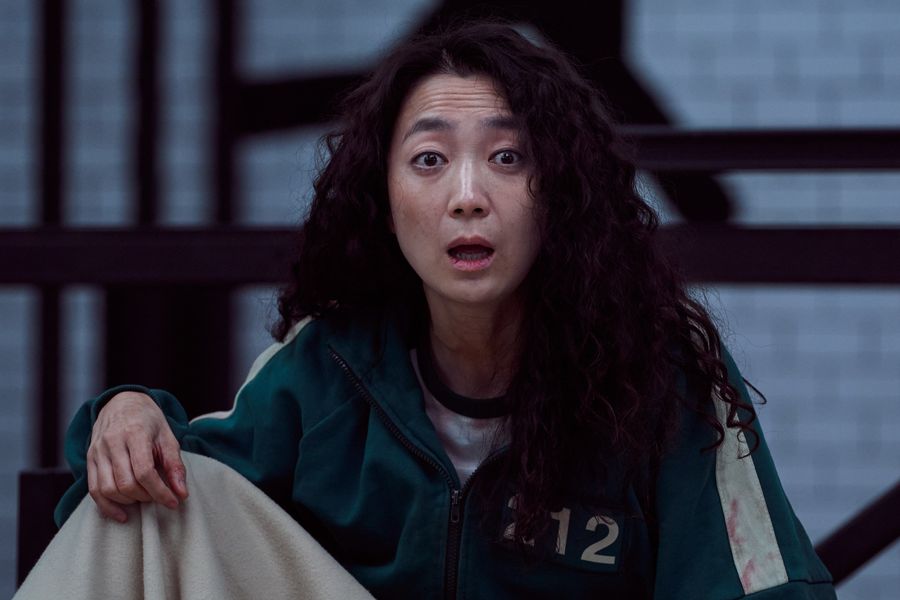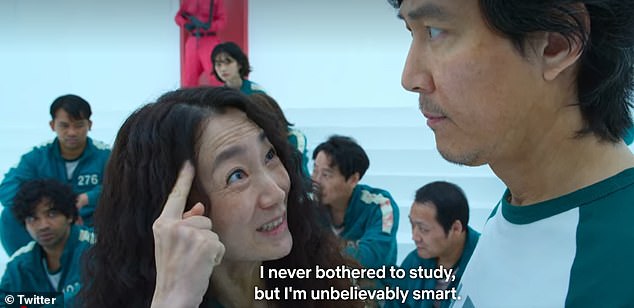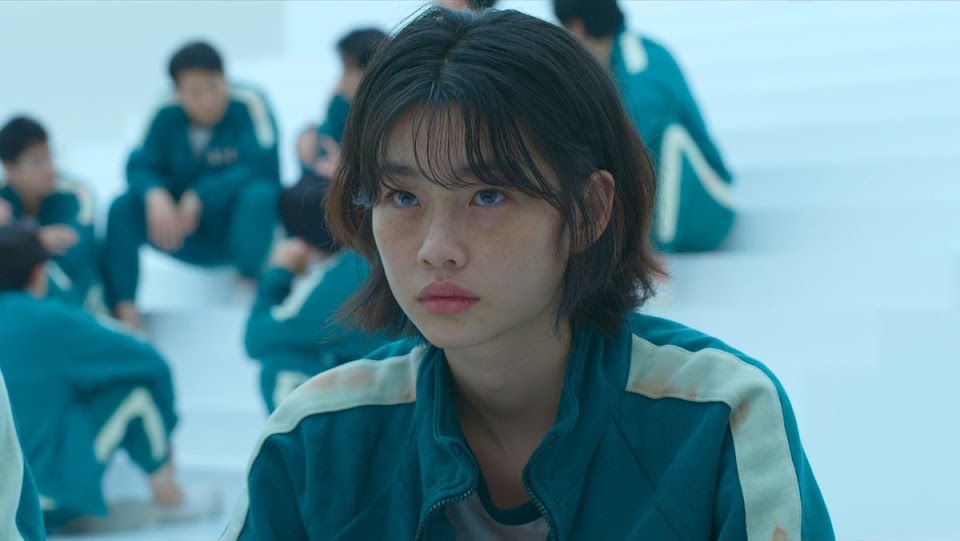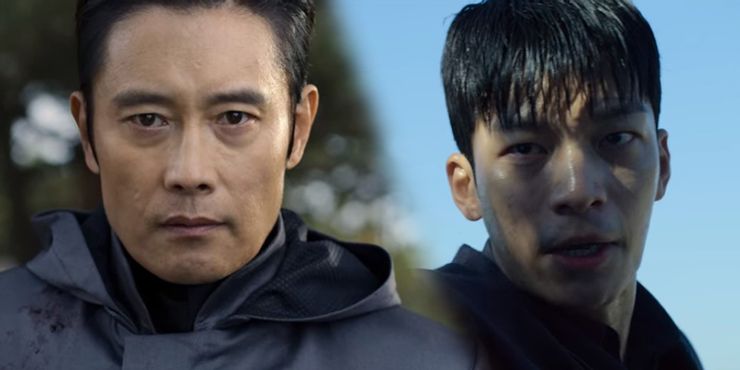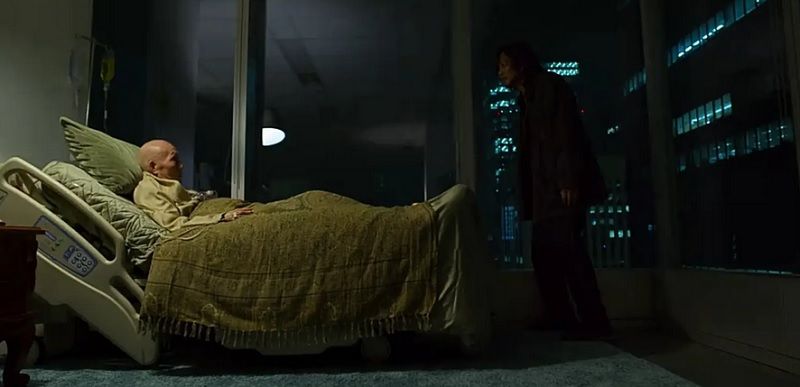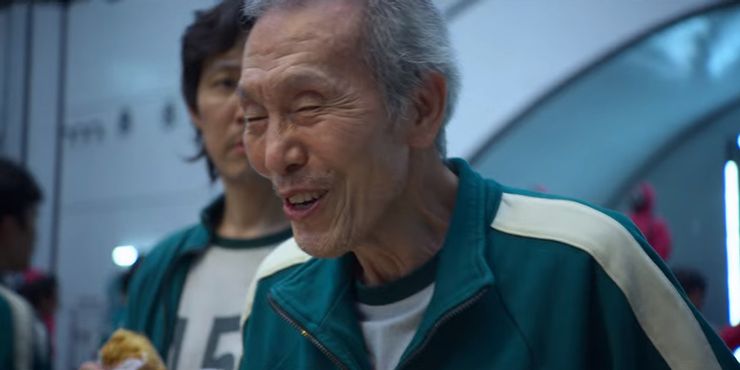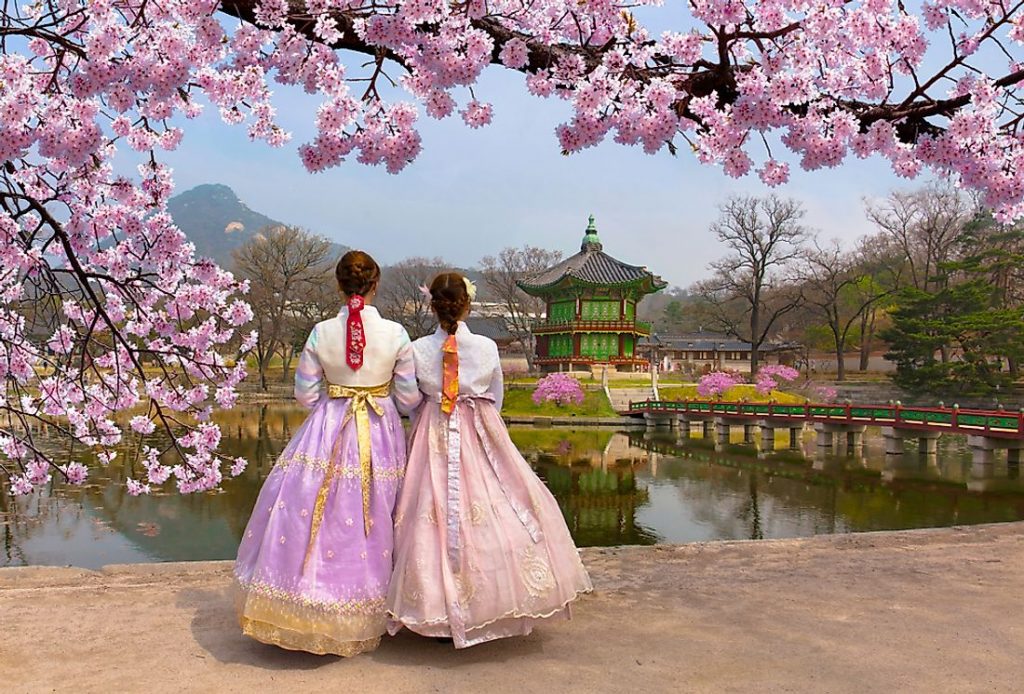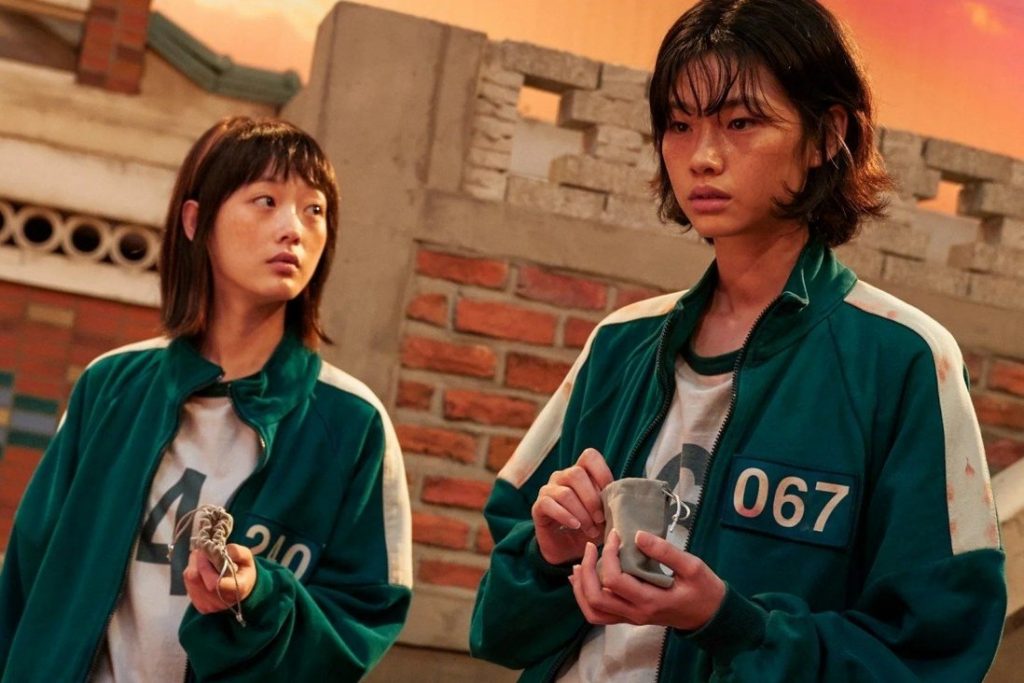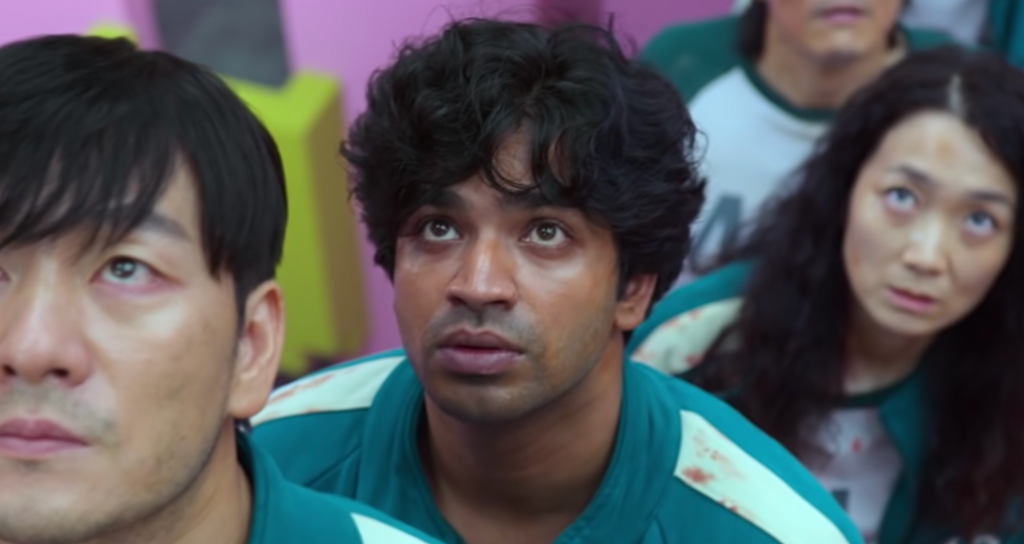Squid Game: 10 Things That Non-Korean Viewers Missed!!!
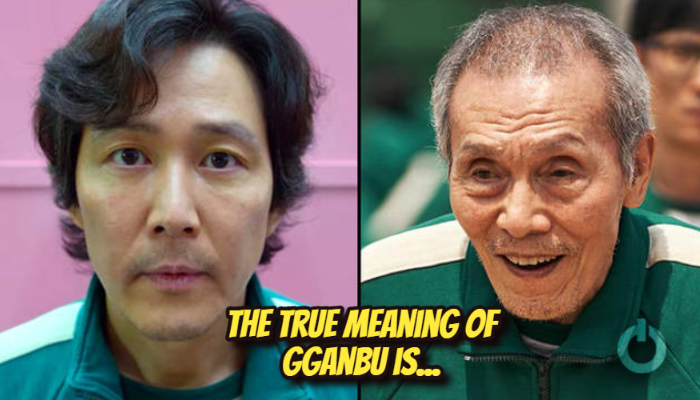
Netflix’s Squid Game was released last month and has grown international popularity since. The show is originally Korean but is dubbed in English for international viewers. However, some viewers did not seem to like the dubbing. The people who have Korean as their mother tongue are even angry at the dubbing artists. According to them, the dubbing artists didn’t take into account the emotions of the speakers which is very important in any movie or show. Aside from the fact that non-Korean viewers wouldn’t catch the speaker’s feelings, many of them don’t even understand some crucial aspects of the show. Here, we have gathered some things that Non-Korean viewers missed while watching the show in English. These things are important details that make this show more meaningful and fun to watch.
THINGS THAT NON-KOREAN VIEWERS MISSED
10. KANG SAE-BYEOK’S MIXED ACCENT
Sae-byeok was another victim of the Korean Conflict. As you know, she was a North Korean by birth and tried to get to the South with her family. However, her father died in the process and her mother returned to North Korea. As a result, her brother lives in a shelter while she wanders to gather some money to reunite her family. Her North Korean roots were visible when she was talking to her baby brother but most of the time, she tried to hide her accent.
She did this to avoid the discrimination that still prevails in the hearts of natives. This detail was picked up by a Twitter user Youngmi Mayer (@ymmayer). A Redditor added to the thread how he was shocked that no one picked up on this political statement.
9. SOME COMEDY LOST IN THE DUBBING
Squid Game was a rather dark series but the show writers tried to balance this with some light humor. However, the language gap made it hard for the jokes to land perfectly. For example, Sang-woo describes how he lost all his money and ended up at the games. He said he invested in stocks for his future.
But, the problem here is that future in Korean is written as ‘선물’ and called sunmool which coincidentally, is also the pronunciation of ‘gift’ in Korean. This caused a bit of confusion in the minds as the sentence also means that he invested in a gift for his girlfriend and lost all money. This is why Gi-Hun seemed a little shocked when he thought Sangwoo lost $6M on a girl. A Redditor, nobasketball4me pointed this out.
8. THE GAMES’ EXPLANATIONS WERE A LITTLE CONFUSING IN ENGLISH
If you were an English viewer, you might not have got the full depth of every challenge in the series of games. Many people like huazzy shared that the games have more to them than just being some childhood games. A Korean TikTok user, Euijin Seo, explained that Red Light/ Green Light is more complex than the Non-Koreans think. The game, locally known as mugunghwa kkochi pieot seumnida, which when loosely translated, means “every time the flower bloomed, you gotta freeze”. There is these type of differences that spoil the viewer’s experience.
7. THE CONTROVERSIAL MEANING OF “GGANBU”
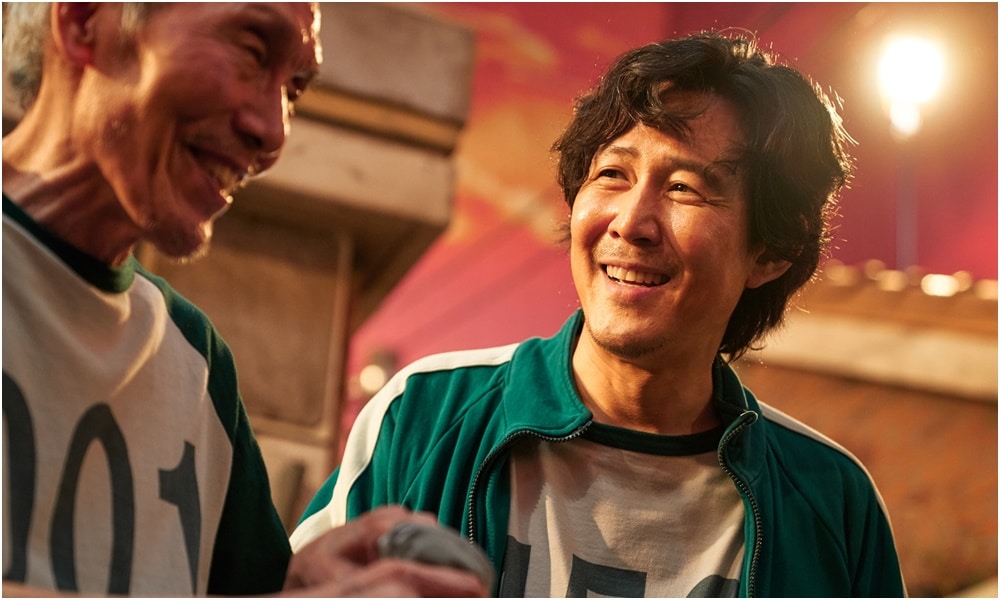
Some errors in the translation process can be ignored but they can not when the words start losing their importance. In episode 6, Gganbu, Gi-Hun and the Old Man bond with each other as they play a do-or-die game, marbles. There, the old man refers to him as his Gganbu which the dubbing artist translates as an ally or a best friend.
Youngmi Mayer helped us out here again. She explained the difference between the apparent and true meaning of the term, Gganbu. The show describes the word that gganbus share everything. However, the actual meaning is we have no ownership between me and you. Such major errors can really be a deal-breaker for international shows like this one.
6. CHANGES IN MI-NYEO’S DIALOGUES
A character’s dialogues reflect its personality traits and changes in its dialogues can entirely change the way the audience receives it. And English translators did not do justice to Han Mi-nyeo’s character. She was a free-spirited woman who grew up on the streets and picked up the local language. Her constant swearing and use of coarse words prove this statement.
Hers was a smart character who never got a chance to get a formal education. And one of her dialogues proves that. She said in English, she “isn’t a genius but can still work things out.” But the real dialogue, as translated by Youngmi, means, “I am very smart; I just never got a chance to study.” Additionally, her cuss words were changed drastically. These types of changes can change the way a character lands in the minds of viewers.
5. THE CHARACTER’S NAMES HAVE A SPECIAL MEANING
A Redditor, huazzy, pointed out that how each main character’s name had a special meaning and how it got lost in the translation. For example, Kang Sae-byeok had a special name but the non-Korean viewers didn’t get it. Sae-byeok is actually translated to ‘Dawn’ in Korean. It points towards her character in the game.
Similarly, English ruined an important aspect of Korean culture. In Korean, one addresses a member of a different class or different age group in a specific manner. ‘Hyung’ is actually a word used for a senior or ‘an older brother’. However, the dubbing team didn’t pick on it and it infuriated a lot of Korean fans.
4. ONE LUCKY DAY
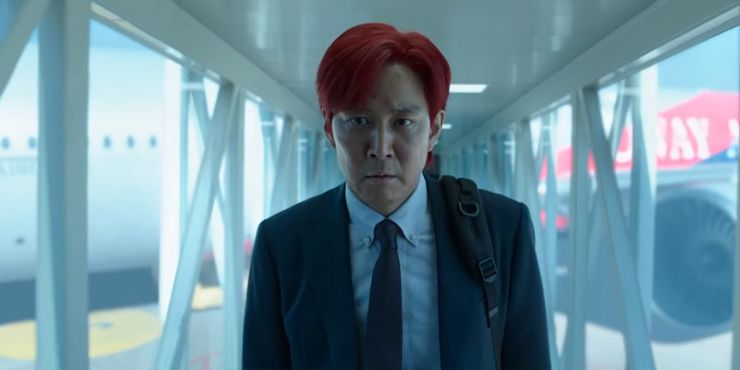
Non-Korean viewers might know this phrase as the name of the last episode of the show. But this has a deeper meaning than you realize. One Lucky Day is actually the name of a Korean short story that is culturally very popular in Korea. As posted by a Korean Redditor, One Lucky Day or 운수 좋은 날 is a story of a man who works very hard to feed his sick wife. But when he finally got home, he found his wife dead.
A similar thing happened with the protagonist as he went through 455 people to win money for his mother’s operation but found her dead when he got home. This similarity in the plot was missed by many viewers who were unaware of the story.
3. COMPLETE DISRESPECT TO THE KOREAN CULTURE
As mentioned before, while speaking Korean, one has to be very conscious about the listener’s age and class. And ignoring this is a disrespect to the rich Korean culture. Gi-Hun had a strong bond with Oh Il-Nam and the way he talked to him was special but non-Korean missed it. This was very clearly pointed out by a Redditor, introvertedkook in a Squid Game thread.
“Re: honorifics, we always see Gi-hun using the most polite/formal speech when addressing Old Man (treating elderly with respect) but in the final scene where they reunite, he drops it and switches to informal/rude speech as he realizes the kind of monster Old Man had been all along. Even the way he poured the water and handed it over to him with one hand showed contempt.” Not many viewers picked up on it and none of those who did was non-Korean.
2. THE DUBBING ARTISTS COULDN’T CROSS THE CULTURAL BRIDGE
Korea is a country of a rich culture that can not be explained in a subtitle or a footnote. The viewers can not pause every few seconds just to fully understand what the director is trying to show in the scene. There were many references and hints for the future of the show which non-Koreans didn’t get.
One of them was when Sang-woo was seen grieving in a bathtub. A Redditor, lifechainged, found that next to him, was a burning briquette. Burning briquettes is a symbol of the act of suicide. According to the user, “Briquettes are a sign of poverty as back in the day, Koreans didn’t have electricity… It’s also commonly used for Koreans to [take their own life] as being in a space with the fumes causes death.”
1. THE BAD VOICE ACTING
Most of the English dubbing is done by Asian-American actor, Edward Hong. You may know him as the voice of the pastor or player 244 in the Squid Game. During a BuzzFeed interview, he commented, “The way Korean pastors talk is completely different than how American pastors talk. So actors that don’t have the cultural familiarity might not understand how to play that part.”
In the interview, he admitted how hard dubbing can be. Edward said, “I would call dubbing a magic trick because it requires four groups of people in choirs: the actor, ADR director, the audio engineer, and the translator — every single aspect has to work perfectly for dubbing to make it sound and look like it’s seamless.”
So these were all the things that Non-Korean viewers missed in the show. Did you spot any others that could be added to this list? Let us know in the comments.
Follow us on Facebook, Instagram & Twitter for more content.
Also Watch:
